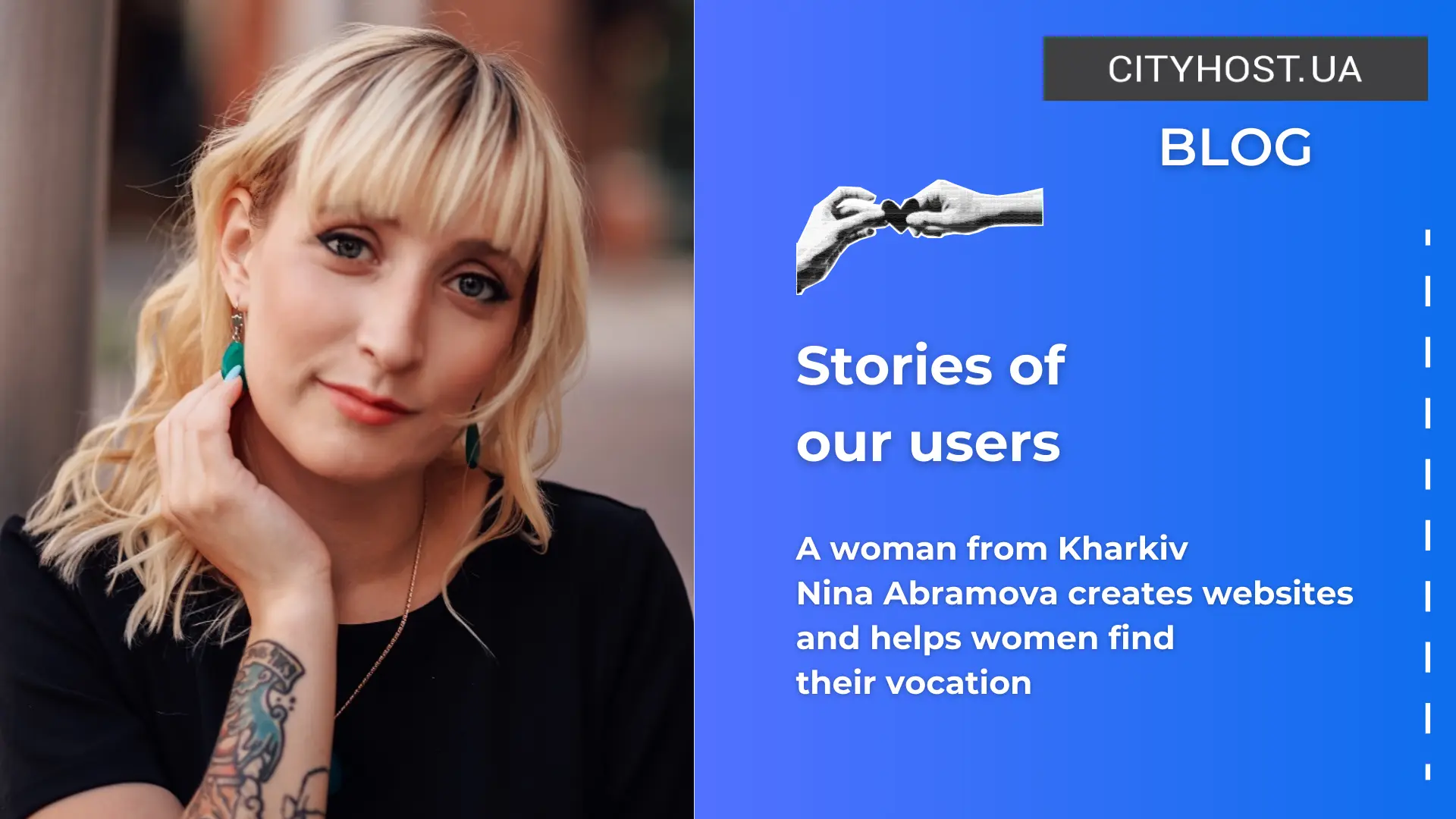
- Who Should Take a Sabbatical and When
- Why You Should Take a Long Break
- If a Long Break is Impossible — Looking for Alternatives
- The Disadvantages of a Sabbatical
- How to Prepare for a Sabbatical
A sabbatical is an extended break from work, usually lasting from several months to a year. It’s a chance not just to rest, but to reset yourself: to reassess career goals, take up something new, travel, or finally pursue that “personal project that’s been waiting since 2017”. In a world where the pace keeps accelerating and stress becomes background noise, such a pause is not a luxury but a real necessity for maintaining mental and physical health.
A sabbatical is an opportunity to stop and ask yourself: “What really matters to me?”.
The word "sabbatical" comes from the Hebrew shabbat — the Sabbath, meaning a day of rest. In the biblical context, every seventh day was dedicated to rest, and every seventh year was a "sabbatical year," when the land was left to rest. Over time, this concept evolved into the modern practice of taking a long paid or unpaid break from work, especially among educators or creative professionals, to recharge, reflect on goals, or pursue personal projects.
Initially, this practice was adopted by academics — they were given time for research. Today, the sabbatical has spread to IT, creative fields, among entrepreneurs, and even within corporations. Some companies are already offering paid breaks, understanding that rested, energetic, and inspired employees return with new ideas and drive.
For example, according to data published in the British newspaper The Guardian, more than half of executives (53%) stated that their organization offers sabbaticals, while just over a quarter (29%) said such an option is not provided.
And a study by the University of Cambridge showed that academics use sabbaticals to dive into research, learn new methods, and develop collaborations. Although it’s difficult to measure the impact on publications quantitatively, qualitative results indicate a significant increase in new ideas and research directions.
Who Should Take a Sabbatical and When
A sabbatical is especially helpful for those who feel tired, have lost motivation, or can’t shake the thought that “something went wrong”. It’s not an escape from the battlefield — it’s a conscious decision to give yourself time to reset.

Here’s who might particularly benefit from such a pause:
- Those experiencing burnout. If work is draining and the days blur into routine — a sabbatical can help restore energy and interest.
- Those looking to change fields. It’s the perfect time to take a course, test out a new direction, or consider a career shift.
- Those with “postponed dreams”. Write a book, start your own brand, open a studio — or at least buy a cheap hosting plan, register a domain name, and create your first website. This is exactly the time.
- Travel enthusiasts. New places, cultures, people — it’s not only exciting but also beneficial for inspiration and personal growth.
- Those undergoing life changes. For example, the birth of a child, a need to spend time with loved ones, or a reevaluation of priorities.
A sabbatical is especially important during life’s turning points. When you don’t know what’s next—a pause lets you not only choose a path but also regain control over your own life. But it’s important: it shouldn’t be an “escape from work”, but a deliberate step that opens up new opportunities. A sabbatical is about moving forward — just along a slightly different route.
Why You Should Take a Long Break
Sometimes we get so caught up in work that we stop feeling like ourselves — it's as if we're living on autopilot, from deadline to deadline. Constant pressure, endless tasks, heaps of responsibility — all of this eventually drains us. And then one Monday you wake up, and you're too exhausted to even make coffee, let alone sort through work emails. It's in these moments that a sabbatical can be a breath of fresh air — a chance to break free from the vicious cycle, pause for a moment, and finally look at yourself from the outside.
A career break isn't just about "resting", it's about a true reset. When the noise of daily work routines is no longer in your head, there's space to think: what do I actually want to do? What inspires me? Often, it's at this point that the answers we've been seeking for so long start to come.
A sabbatical is also a great opportunity to grow, to level up. You can take courses, try something new, or explore a different field. Perhaps you've always dreamed of writing a book, creating your own brand, or simply learning to draw — but never had the time. Now is the moment. A break offers not only the chance to learn but also to try things out in action, without the fear of doing something "wrong".
Another benefit is gaining a new perspective on your career. Many people realize after a sabbatical that they want to change direction: find a job that better aligns with their inner values, or start their own business. Traveling, volunteering, meeting new people, and experiencing new contexts — all of this broadens one's worldview and changes the way we perceive how and why we work.

And most importantly — a sabbatical helps you return to life after burnout, if that has happened. It brings you back to your true self — the person with dreams, interests, and emotions. Sometimes, all it takes is stepping out of the flow and giving yourself permission to pause.
Read also: When Your Battery Hits Zero: How to Recognize Burnout at Work and Recharge
If a Long Break is Impossible — Looking for Alternatives
Of course, not everyone can just take off work for six months or a year. Financial obligations, responsibility to the team, the fear of falling behind in the career rhythm — all of this is part of reality.
The experience of taking an extended leave approved by an employer for several months is rare in Ukraine, so in our reality, a sabbatical most often means that a person quits, rests, and then finds a new job a year later. However, "early birds" have already appeared in our country — for example, you can read about an interesting case of a four-month sabbatical and its results.
The lack of a stable sabbatical practice in Ukraine means that rest and reset come at the expense of the employee. They either quit or negotiate a long leave with the employer, but without pay.
This isn't suitable for everyone. So let's think about what alternatives can be introduced if you want a reset:
- Micro-sabbatical. If a long-term vacation is a luxury, you can go into "mini-mode". This could be several weeks that you spend productively: traveling, retreating, learning, or perhaps just time for yourself without the constant "I'm on a call". Even such a short pause helps refresh the mind.
- Flexible Schedule. Switching to part-time work, remote work, or simply having the ability to arrange your workday can often prevent burnout just as effectively as a long break. Less chaos — more time for what really matters.
- Partial Sabbatical. If you don't want to leave your profession but have the desire to do something new, consider combining work and personal projects. For example, you can agree with your employer (or find another job or start freelancing) to work fewer hours per week, and in your free time, take courses, launch your project, or pursue a long-held dream.
The main thing is to find balance. Even small changes in your schedule and approach to work can significantly improve your well-being, provide new energy, and inspire you. You don't have to go into "quiet mode" for a year to regain your inner harmony — sometimes, simply allowing yourself to breathe more freely is enough.
The Disadvantages of a Sabbatical
Despite all the advantages, a sabbatical also has its risks. The biggest one is financial instability. A long period without income can become a serious issue if alternative funding sources are not planned in advance. It is also important to remember that changes can occur in the professional field during your break: new trends, vacancies, or competitors may emerge, and you risk being left behind in these processes. Losing your work rhythm can also be a challenge — some people experience anxiety and a loss of motivation after a long break.
Without clear goals and an action plan, it’s easy to fall into the trap of procrastination — the break risks turning into a chaotic period without progress or benefit. Moreover, returning to work after a long absence can be difficult: processes, the team, and some professional skills may become outdated. This is why it’s important to carefully consider all aspects of the sabbatical in advance to make it not just a rest but an investment in your future.
How to Prepare for a Sabbatical
To ensure the break is beneficial, it needs to be well-planned. A sabbatical is not just a long vacation; it’s an opportunity to change something in your life. Therefore, preparation should be thorough.
Finances: Your Safety Net
The first thing to take care of is money. A sabbatical means the absence of a stable income (or a reduction in it), so you need a reserve to cover all expenses. It's important to calculate your budget in advance and consider the possibility of part-time work. For example, some people do freelancing, consulting, or start earning passive income during their break. This can help avoid financial stress.
Work: Discuss it with Your Employer
If you don’t plan to quit, find out whether your company supports a sabbatical policy. Some companies offer the possibility of taking an extended unpaid leave and returning to your position. However, if the break means quitting, it's essential to plan your return in advance: where and how you will find a job after the sabbatical. You should also prepare an answer to the question, "What did you do during this break?" — because it will definitely come up in interviews.

Goals: Why You Need This Time
A sabbatical can become a purposeless break if you don’t define what you want to achieve. Clear goals will help make this period productive. Think about what matters more to you: gaining new knowledge, completing a long-held project, changing careers, seeing the world, or mastering a new hobby? The answer to this question will help plan your time in a way that prevents the feeling that it was wasted.
Psychological Readiness
The transition from a strict schedule to complete freedom of action can cause anxiety and even confusion. If your usual daily routine was well-structured and everything went according to plan, sudden "slowing down" may lead to feelings of chaos or loss of control. It’s important to learn how to organize your day in a way that avoids psychological pressure. Additionally, it’s useful to maintain connections with people in your professional field, so you stay informed and don’t lose touch.
The key is to view the sabbatical not as an escape from work but as an opportunity for growth and recovery. If approached responsibly, it can become one of the best decisions of your life.
A sabbatical is not just a long vacation; it's a chance to radically rethink your life and career. It’s an opportunity to break free from routine, restore your energy, gain new experiences, and find your true calling. For some, it's time for travel and inspiration; for others, it’s a chance to learn or launch their own project. If planned correctly, this break can become the best investment in yourself and your future.










